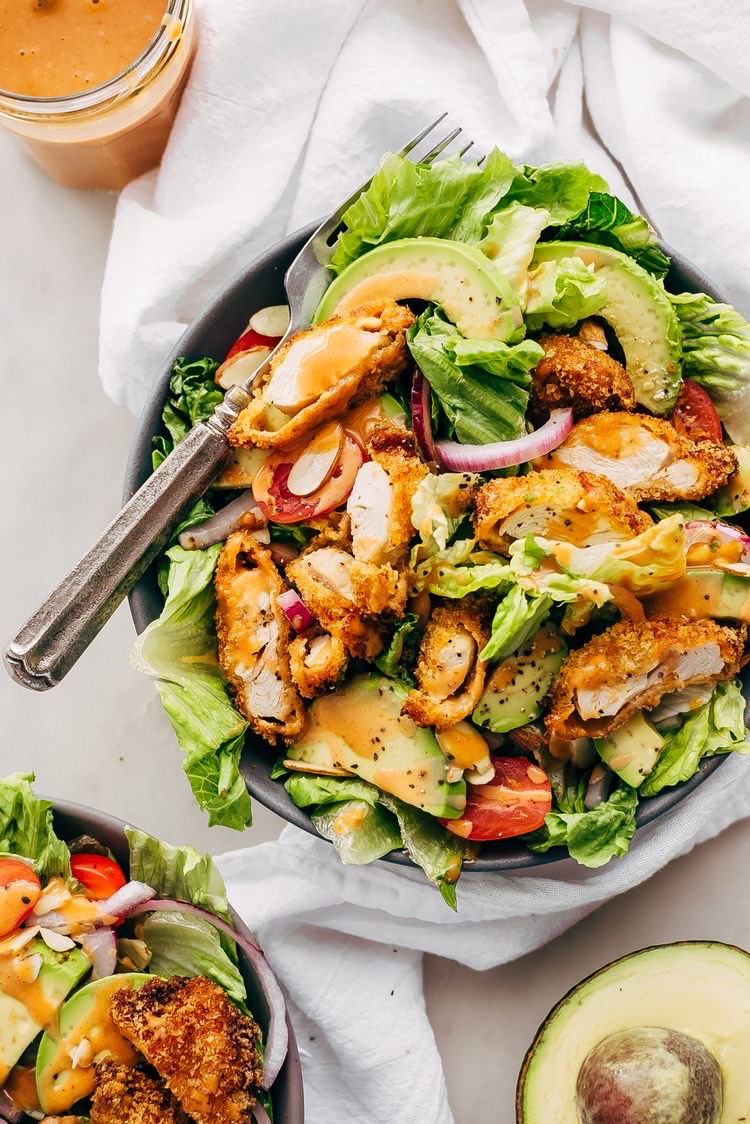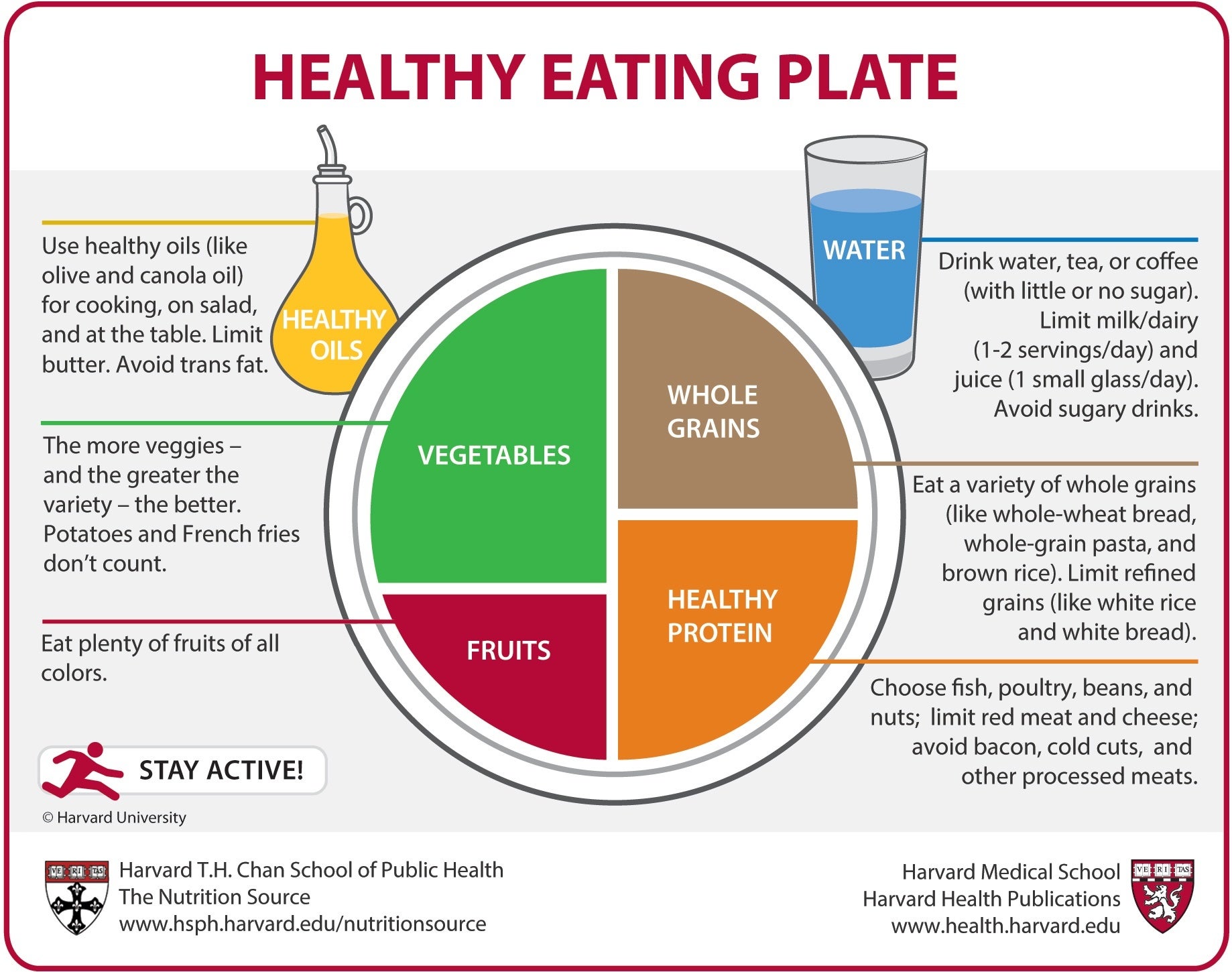MINDFUL EATING

I think it’s absolutely beautiful that more people are working towards cultivating healthier lifestyle practices. Today I’m excited to share with you some helpful nuggets on how to improve your relationship with food that I’ve been practicing and I believe you can easily implement into your life as well.
Any meal begins in the kitchen. To create nutritious, tasty meals it’s important to be mindful while cooking in order to cultivate pleasure and gratitude through food.
In our world today, there’s a lot of emphasis on what we should and shouldn’t eat which has led to varied, unique relationships with food.
REFLECT: how do your eating habits and/or food choices impact your day to day life?
Over the years, as my knowledge on food has grown, my practice has evolved. I am now more intentional about what foods I consume, what ingredients I use and how I cook.
So what is mindful eating?
Mindful eating is the active practice of engaging all our senses to prepare, experience and/or enjoy the food we are consuming. Practicing mindful eating allows us to make choices that will satisfy and nourish our bodies while discouraging judgment of ourselves. Mindful eating focuses on :
- the preparation process of the food, what goes into the pot, who prepares the food, how is the food presented?
- internal and external hunger cues: why are you eating and how much are you consuming?
- your environment while eating: how are you eating: are you present, do you have company, are you rushing through your plate?
- Eating begins at preparation
Be mindful when buying your produce – understanding how our food is grown, where it comes from and questioning the nutritional value of what is in your kiondo. A report by the @worldeconomicforum says the food we are eating is killing us. With quantity being emphasized over quality, there’s a ton of chemicals being used to grow foods which then go into our bodies – bringing about a ton of illnesses, some that we aren’t familiar with. That’s why educating yourself on the food you are purchasing is really important. And this includes spices, canned foods, pre-packed grains…
I’m obsessed with masterchefau. I’ve watched every episode, season after season and one of the most fundamental lessons that I’ve picked up along the way that has influenced my cooking journey has been centered around the pre-cooking process i.e grocery shopping, how to identify and pick up the best ingredients and how to honor those ingredients while preparing my dishes. Your choices will directly impact what falls on your plate. And if we are being honest, this is where all the fun really is.
2. Food is love made edible
I truly believe that when we pour our heart into our meals, it translates onto the plate. Food is a direct reflection of our energy and that has the power to affect you and those you are sharing a meal with. So if you cook with loving energy, this loving energy will nourish and replenish our bodies.
How many of you believe in energy? Have you ever noticed the difference in your meals when you prepare them when you’re happy vs when you or someone else prepares them when frustrated?
3. Be present
When eating, engage your senses and enjoy your food. Really take time to savor every bite. One thing I enjoy doing and I’ve been doing this for years while eating food I didn’t personally prepare is try and pick out what spices or condiments were used to prepare the dish. This helps me appreciate the effort and thought process behind what’s in front of me.
For many of us, it’s really common to eat while watching tv or scrolling through our phones. Unfortunately, distractions like these may result in overeating and slouching or crunching our tummies which in turn causes bloating, nausea and even acid refluxes.
4. Eat until you are satisfied, not full
There’s a Japanese term, “Hara hachi bu” that means Eat until you’re 80% full. Before you start eating, there’s always this hunger cue that tells you whether or not you are hungry and just how hungry you are. Are you starving or eating because it’s lunch time?
These hunger cues help us identify certain nutritional needs that our body require. For example, a headache might mean you are dehydrated. An eye twitch might mean you need a sugar boost. It’s therefore important to check in with your body before, during and after you eat. Cues vary from person to person, so understanding your body is pertinent. Try listening for signs consistently for about a week, honoring moments when you feel your energy is low or hear your stomach growling and notice how different your body responds.
5. Eat smaller portions, especially at night
Eating smaller portions at night has a ton of benefits like better sleep. Eating early allows your stomach to properly digest food. It also helps prevent digestive issues such as acid reflux, indigestion, bloating and heartburn. Believe it or don’t but feeling stuffed immediately after eating chapati isn’t normal, but because you’ve internalized it as so you associate eating certain meals with immediate bloating. This is your body’s response.
Try the Plate Method 1/2 of your plate veggies, 1/4 protein and 1/4 whole grain

6. Don’t rush your meals
How you eat is just as important as what you are eating. Digestion starts in the mouth so remember to always chew your food to break down the nutrients.
How do you feel while eating? Do you like what you are eating? What ingredients excite you?
8. Consciousness
Begin to ask yourself how do I feel after eating *________* Take note of what makes you feel good, what makes you happy, what makes you feel sluggish or bloated and begin to adjust your meals accordingly.
REFLECT: Do you understand why you are making certain choices when it comes to your food and what influences your eating habits?
The topic of food and our relationship with food is very complex because it’s multi-faceted. Each one of us is at a different place. It’s therefore really important to be kind and give yourself grace and be extremely patient with yourself as you cultivate and incorporate better eating habits. Remember that habits are not easy to break but with consistency and a positive mindset nothing is impossible.
Take pleasure in baby steps, celebrate small wins and find ways to bring joy into your everyday meals.
Thank you for reading along. I hope these tips help you on your journey to creating a better relationship with food.
Bri, Xx.